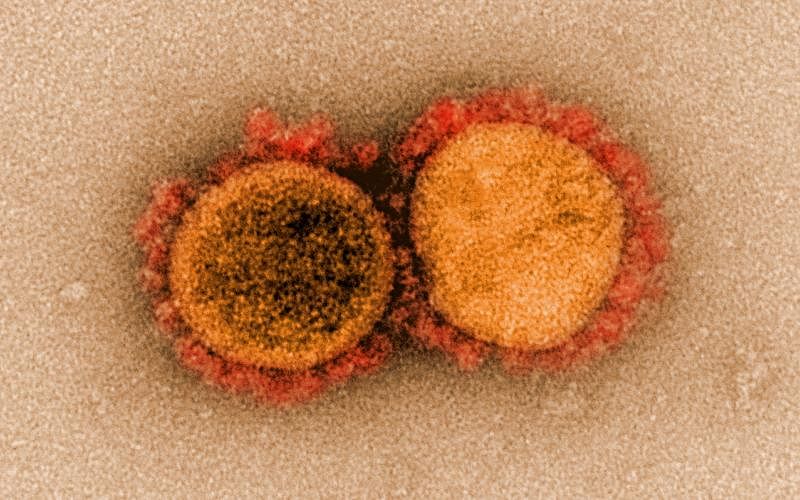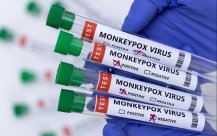
(Morning News) The United States, Britain, Spain, and Ireland have recently reported that they have found unknown hepatitis cases in children's groups.Coronary virus or adenovirus is detected in some case samples, but the role of these viruses in the pathogenesis of hepatitis cases is unclear.
On April 5th, Britain reported to the World Health Organization that 10 cases of severe acute hepatitis in the Scottish region were reported to the World Health Organization.Three days later, these cases reported in the UK rose to 74 cases.Some patients were seriously ill, and six children have accepted liver transplantation.
Xinhua News Agency quoted a public bulletin issued by the World Health Organization on the 15th that most of the patients are children under 10 years of age. The clinical syndrome is manifested as acute hepatitis, liver enzymes are significantly higher, usually accompanied by jaundice, sometimes accompaniedGastrointestinal symptoms.One of the earliest reports of the earliest reports in Scotland had symptoms in January this year, and the remaining nine people became onset in March. The patients were between 11 months and five years old.
In addition, the diagnosis or suspected cases of the disease in Spain and Ireland have occurred. Three patients reported by Spain are between 22 and 13 years old.
According to the media quoted by the media, the nine cases similar to this hepatitis have been found in Alabama. The patients are between one to six years old, and two of them need liver transplantation.
As of now, the cause of this hepatitis is not clear.The WHO reports that after analysis of laboratory, these cases have been excluded that these cases have caused possibilities caused by the possibility of A, B, C, Ding, and penta hepatitis, and the crown disease or adenovirus is detected from some case sample samples.
A report from the United Nations News Center said that so far, other epidemiological risk factors have been found, including recent international travel.
WHO pointed out that although some patients have serious acute respiratory syndrome Coronatte 2 (SARS-COV-2) and/or adenovirus, they should be generated for genetic identificationDetermine any potential association between cases.




